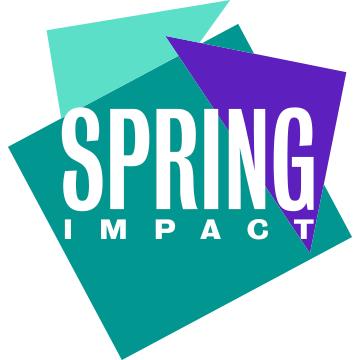Spring Impact recently published a research report produced in partnership with Numbers for Good, with support from the Argidius Foundation. The report identifies seven key barriers to effective advisory services focused on scale–– technical assistance (TA)–– for small and growing businesses (SGBs), and recommends the necessary steps to help more SGBs reach their scale goals.
What if we were to tell you, that right now, there are a group of extraordinary organisations providing approximately 66% of employment opportunities, and generating 86% of new jobs in developing economies?[1]. That these organisations have the potential to transform economic development and access untapped markets of an estimated 4.5 billion new customers in 92 countries, valued at approximately $5 trillion USD.[2] That they are providing quality jobs, goods and services locally, and by doing so are lifting families and communities out of poverty, and generating larger-scale socioeconomic prosperity.
We’re not talking about a tech company, or a government initiative, but small and growing businesses (SGBs). SGBs are interesting for a few reasons. Firstly, they are distinct from the broader group of micro, small, and medium three enterprises (MSMEs) in that despite their size, they have strong ambitions and potential for growth.
Secondly, in their quest for financial sustainability they create social impact, economic development, and increase access to critical goods and services for underserved communities.

